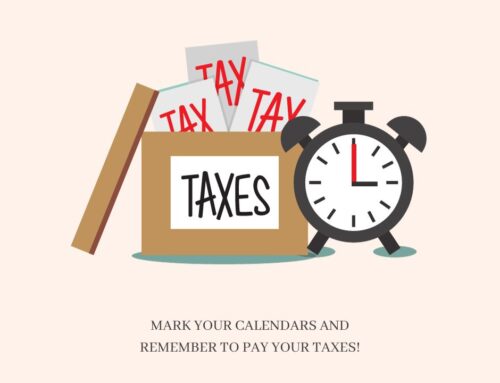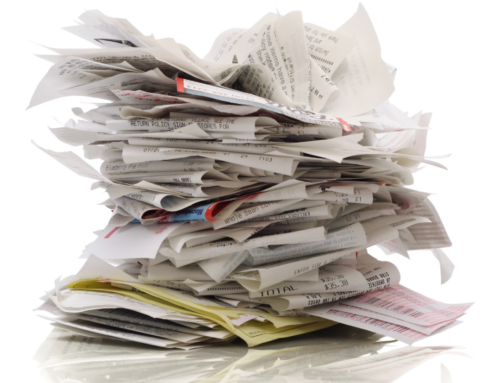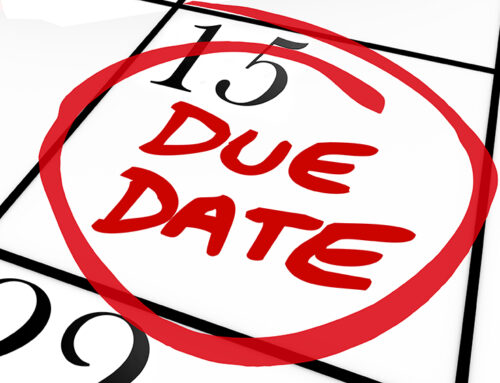 This is the time of year that highlights our paper organizing skills. There is nothing worse than having to sort through piles of paper on your desk, in your drawers or through all those bags and boxes that got stuffed full of papers just before company arrived. It seems there’s a never ending trail of paper coming through the door on a daily basis and it can easily stack up before you even realize it’s an issue. Tax time is difficult enough without the added pressure of hours of searching all over the place for missing receipts and tax records.
This is the time of year that highlights our paper organizing skills. There is nothing worse than having to sort through piles of paper on your desk, in your drawers or through all those bags and boxes that got stuffed full of papers just before company arrived. It seems there’s a never ending trail of paper coming through the door on a daily basis and it can easily stack up before you even realize it’s an issue. Tax time is difficult enough without the added pressure of hours of searching all over the place for missing receipts and tax records.
Most people don’t have time to maintain meticulous records, so one of the easiest ways to keep track of tax documents is to select a place to put all tax related papers throughout the year. You can use a file, a box, or a bin as long as it’s big enough to easily hold all your receipts and documents without fighting to squeeze the papers into the container. If you have to fight to store your paperwork the system will most likely fail and you will be back to square one.
If you want to make tax time even easier you can set up a simple tax filing system using a file folder with multiple dividers. Label the dividers into individual categories such as postage, supplies and donations. Then file your receipts and documents into the appropriate categories.
Many people are so overwhelmed by paper that they simply ignore it and hope it will disappear. Unfortunately it only accumulates until it feels completely out of control, but that doesn’t have to be the case. It’s better to take control of paper before it takes control of you. A good way to do this is to Decide to Decide. Take a good hard look at the paper coming into your home by sorting it into categories. Some of the most common categories are bills, papers to file, items to read and action items. Most pieces of mail will fit into these 4 broad categories, so keep it as simple as possible. Next, you will need to determine where you will sort and store your mail each day. This should be a location near the door where the mail comes into the home, I suggest using a separate sorting container for each category of mail. Now that you have a system, you can decide what categories you will need, decide where you will sort and store your mail each day; and finally, decide to use your system consistently.
Darla Pompilio
Your Tasks – Our Time, Inc






